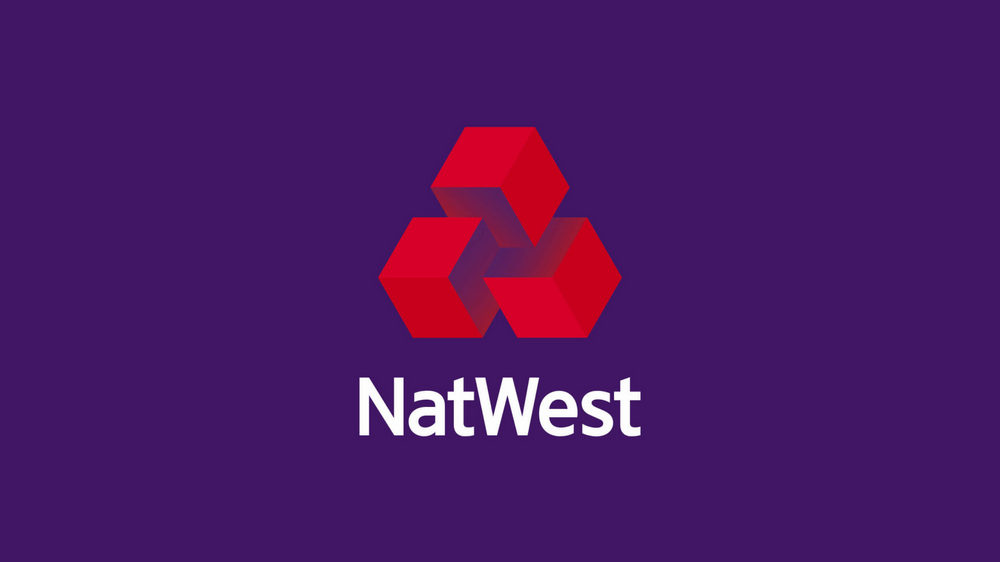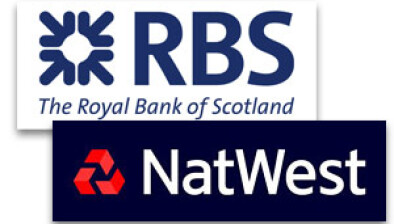NatWest offers package of support to help with rising cost of living

NatWest has decided to launch additional support for customers, colleagues and communities to assist with the rising cost of living.
The continued rise in the cost of living is impacting people, families, and businesses in the UK. Although some households and businesses built up savings and liquidity through the pandemic, many are already feeling the strain.
According to the latest analysis from NatWest, customer spending on critical items such as utilities is up just over 30% year on year - and fuel is up by almost 20%. It also found that 67% of customers on the lowest incomes are now spending more than 10% of their monthly incomings on energy, up from just under 50% last year.
Alison Rose, CEO NatWest Group, said: “The continued rise in the cost of living is impacting people, families, and businesses throughout the UK, many of whom haven’t experienced rising rates and inflationary pressures before.
“We want to support our customers, colleagues and communities in a proactive and purposeful way, just as we did during the pandemic. This package of measures is designed to support those who are likely to need it most.
“At NatWest, defaults remain low and we are not yet seeing an increase in the number of people in arrears, or who are contacting us for help.
“But there is no doubt that pressures are building and that the biggest challenges are yet to come.
“NatWest Group has a clear role to play in supporting customers and communities across the UK and we will continue to monitor and anticipate their needs to ensure we have the right measures in place.”
This includes £4 million of new hardship funding to provide support, delivered through partner organisations, including Citizens Advice, StepChange and Money Advice Trust.
Dame Clare Moriarty, chief executive of Citizens Advice, said: “We are very grateful for the donation NatWest has made towards our Help through Hardship helpline, that we deliver in partnership with The Trussell Trust and MIND.
“The helpline has been in huge demand - over 180,000 people have accessed emergency food and up to £33m in estimated financial gains has been unlocked for callers.
“NatWest’s donation will help us to provide vital support to people facing hardship, sadly needed now more than ever as the cost-of-living crisis continues to unfold.”
To support and provide certainty to SME customers in these challenging times, business current accounts continue to remain available without a minimum charge, and the Bank is freezing the standard published tariffs on these accounts for the next 12 months – committing to not make any increases to these published fees.
NatWest Group continually monitors all sectors to proactively identify the most vulnerable. As a result, it has developed a tailored support package for its 40,000 agriculture customers, who are facing extreme impacts on supply costs and profit margins. Specifically, a new £1.25 billion lending package for UK farmers has been announced, alongside a range of supportive measures such as capital repayment holidays and increased overdraft limits to help tackle these challenges.
To ensure that as many SMEs as possible can realise the bottom-line benefits from their carbon-reduction efforts and innovation, the Bank has also reduced the lower threshold for its Green Loans offering for SMEs from £50,000 to £25,000, ensuring that more businesses can access funding to help transition to more sustainable practices, in turn reducing costs in the long term.
And it has launched ‘The Business Show’, offering practical advice from experts and business owners to customers and non-customers supporting on challenges from growth to rising costs and funding in the current economic climate.
The Bank has also been sharing its expertise in supporting customers in financial difficulty with the energy sector (Energy UK), to ensure that those in financial difficulty have their circumstances considered with compassion and empathy.
NatWest Group will continue to closely track changes in customer behaviour – for example, a move from debit to credit cards, or only paying a minimum credit card balance, or businesses not yet missing payments but expressing concern – and has teams on hand to proactively reach out and offer support as part of its pre-emptive support strategy.







